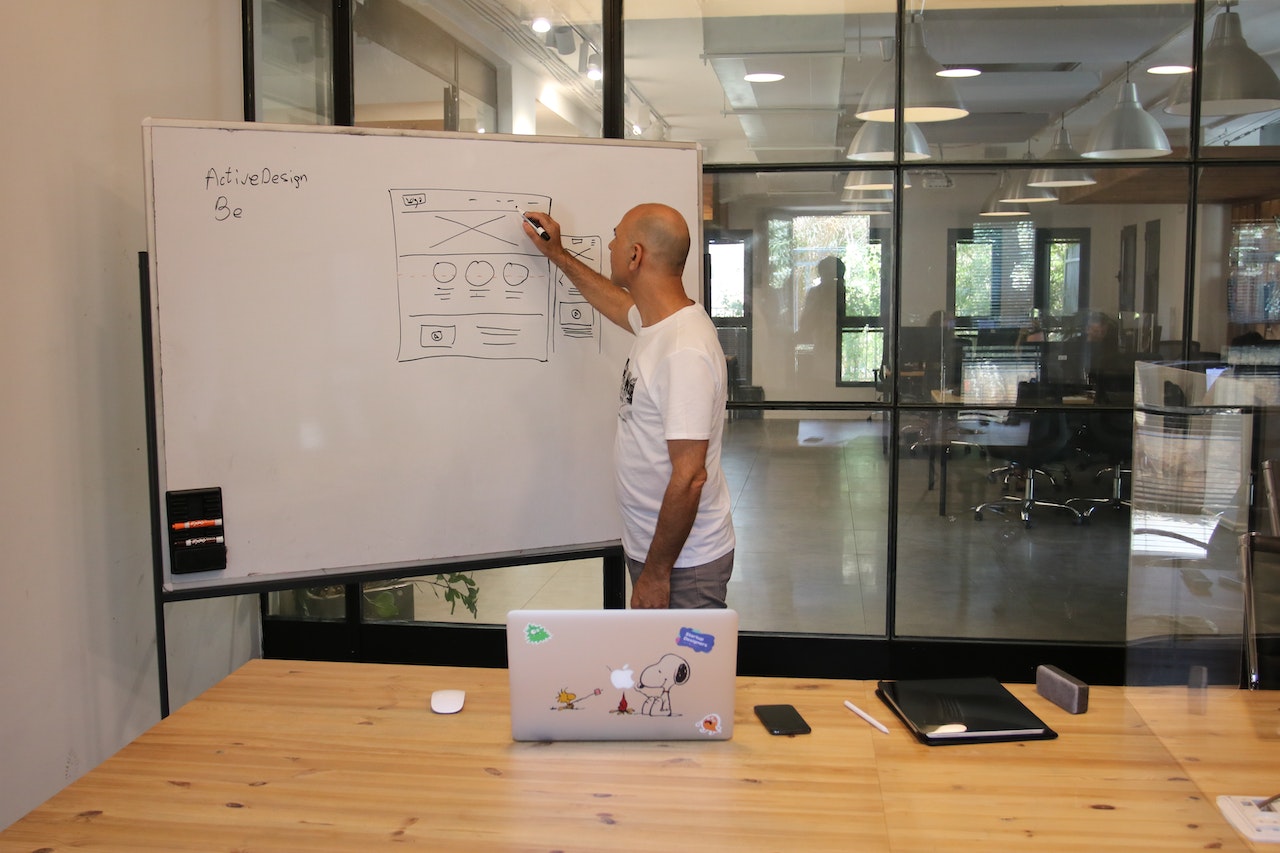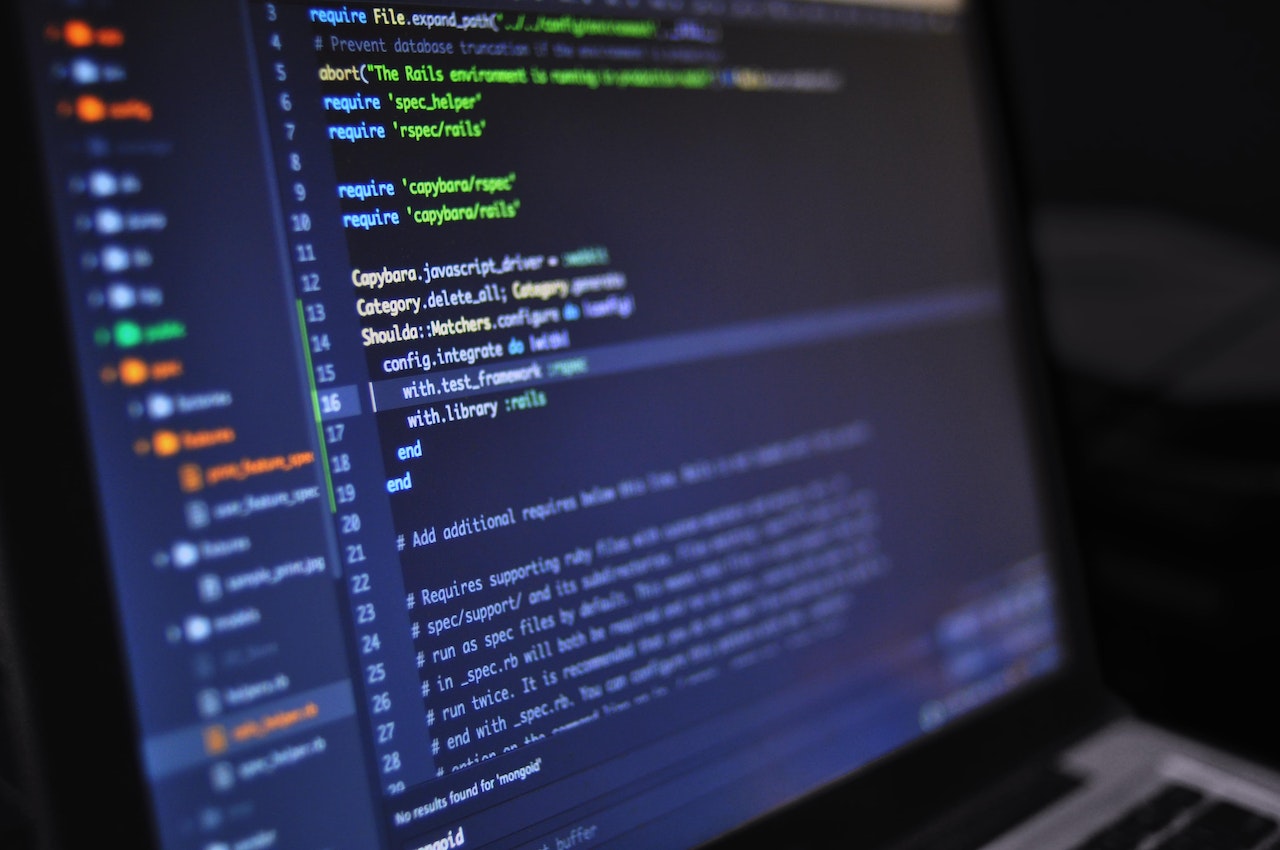Data science questions in the job interview
Published

Companies are quickly recognizing the importance of data and the need to analyze, consolidate and contextualize the vast amount of information they collect. To meet this need, they are turning to data scientists.
The Harvard Business Review described data scientists as the "most attractive job of the 21st century".
While the demand for data scientists continues to grow, there is a severe global shortage of qualified professionals.
If you've decided to go down this route, you need to be well prepared to impress potential recruiters with your skills and knowledge. Not only do you need to show that you understand why data science is important, but you also need to demonstrate your technical skills in terms of frameworks, applications and big data concepts.
In this article, you'll learn how to handle behavioral and technical questions and ultimately ace even the most intense data science interview.
If you want to acquire new data science skills or enhance your existing skills, Skillshare is for you. Click here to access the Skillshare learning platform and gain new insights into a wide range of topics.
Interview questions
If you feel nervous before a job interview, you are not alone. No matter how many interviews you've had in your life or how experienced you are, an upcoming job interview often has this effect.
But don't worry, we're here for you. Below is a comprehensive guide on how to ace your data science job interview.
How to prepare for a job interview in data science
Step 1: Analyze the job description
You know the job title, but have you looked into the exact requirements of this particular data scientist position? Go through the job description, analyze it and make sure you are a good fit. Find out about the day-to-day tasks and ask yourself whether you are capable of doing them. Check whether the corporate culture matches your expectations. Make sure that the job description really interests you before you apply.
Step 2: Research the company
It is not enough to read the "About us" page on the company's website. Do thorough research on the company's background, processes and services. You can do this by Googling the company's name, checking the company's Facebook page and Twitter feed, contacting former and current employees on LinkedIn and taking note of their feedback. Make sure the company's work ethic and culture matches your expectations.
Step 3: Find out about the person you are talking to
This is not always an option, but there is a good chance that the person you are talking to is on LinkedIn. You can use LinkedIn to gain insight into their background, interests and skills. This will allow you to better connect with them while demonstrating your data science expertise.
Step 4: Don't be afraid to show off
You have a number of strong qualities that make you a talented data scientist. But which of your qualities will be useful for the job? It's important that you praise yourself, but keep it relevant to the job profile. Make sure you are aware of your strengths before you go to the interview.
Step 5: Showcase these skills
Even if you have highlighted all of your degrees and certifications in data science on your resume, that may not be enough to prove your expertise. Concrete evidence of your accomplishments is beneficial. List a few data science projects (about 3-5 projects) that you have completed and create a portfolio. You can also add projects that demonstrate skills relevant to the job profile, e.g. a Python or R project.
Once you have all this information, you can show your conversation partners what you have done easily and without stress.
Step 6: Prepare for common interview questions
We say "common" because we don't know exactly what questions you'll be asked in your interview. But if you know how to answer these common questions, you'll be better prepared to answer different variations of them when they come up.
We have compiled a list of 20 interview questions. The first 8 are behavioral questions and the rest are technical data science questions.
What are behavioral questions?
Past behaviors are a good indicator of future behaviors. In data science interviews, behavioral questions are used by interviewers to probe your past work experience and get an idea of how you will fit into the company culture. These questions look at the way you have dealt with a difficult work situation in the past.
You can assume that you will be asked the following in your data science interview:
- Describe a situation at work in which you were under pressure and still performed well.
- Describe a situation at work that you found stressful. How did you deal with it?
- Tell me about a situation in which you had to convince your superiors and colleagues of an idea you had.
- Tell me about an unfortunate incident at work that was your fault. How did you deal with it?
- Tell me about the most difficult problem you had to deal with at work. How did you overcome it?
- Tell me about a situation where you took a risk. How did this affect you and your colleagues?
- Tell me about a time when you had a conflict with a colleague. How did you resolve it?
- Are you a team player or a lone wolf? Tell me about a project that you completed as part of a team.
There are no right answers to these questions, and they are not directly related to your data science knowledge. However, there is a structure that has been developed for answering such questions that will help you answer behavioral questions. This structure or method is known as the STAR method. S in STAR stands for Situation, T for Task, A for Action or Approach and R for Result.
Let's take the first question and show you how to answer it using the STAR method.
Interviewer: "Describe a situation at work in which you were under pressure and still worked exceptionally well."
Step 1: Describe the situation.
She: "At my last job, I once fell seriously ill and had to be hospitalized. I was assigned an extremely important project and had a month until the deadline. I was helpless. There was nothing more I could do."
The scenario may or may not relate to a specific data science project.
Step 2: Describe the task.
She: "It took two weeks for me to recover. As it was an important project, my manager couldn't be lenient. I only had 14 days to complete the project instead of a month.
Describe relevant external factors, even if they are not directly related to a data science problem.
Step 3: Tell the interviewer about the measures you have taken.
She: "As this project was a priority, I asked for a reduction in my daily targets, which I was granted. My teammates were a great help at the time. They helped me with my daily targets and I was able to focus on this important project.
An answer like this could shed light on how you would deal with conflicts or challenges in a data science team.
Schritt 4: Sprechen Sie über die Ergebnisse.
She: "As my daily targets were reduced, I was able to invest more time in the project, which I was finally able to complete on time. My hard work was recognized by my manager and supervisor. This project helped me get a promotion and a pay rise."
Of course, this is quite a long answer, but your interviewer expects it. They want a detailed answer. Follow the STAR method and you will master your interview. Just make sure your answer is authentic, specific and has a clear point.
Technical questions in the interview
The behavioral questions test your soft skills, while the technical questions determine whether you have the technical knowledge required for the job. They are fairly straightforward. If you are applying for a job in data science, the technical questions will cover the basics of data science and programming concepts (such as Python and R).
You can expect to be asked the following questions:
- Do you think that data size is a parameter that needs to be considered in a data science project?
- Which package will you use to import data into Python and R?
- Can you write a program in Python or R to create a user-defined function?
- How would you differentiate between SELECT and UPDATE queries? Can you show us an example?
- Do you know what an API is? Can you explain it to us?
- What are JSON and XML? How do they differ?
- Can you name a graph? Can you write a program in Python to create a graph?
- Do you know what an RDBMS is? Can you give us some examples?
- What is a linear regression?
- Why is pre-processing necessary in data science?
- What is the imputation of missing values? How can it be handled in R or Python?
If you know how to answer all these questions using the STAR method, you will be more than well prepared for your interview. More preparation means less stress, so you can enjoy the interview instead of dreading it.








